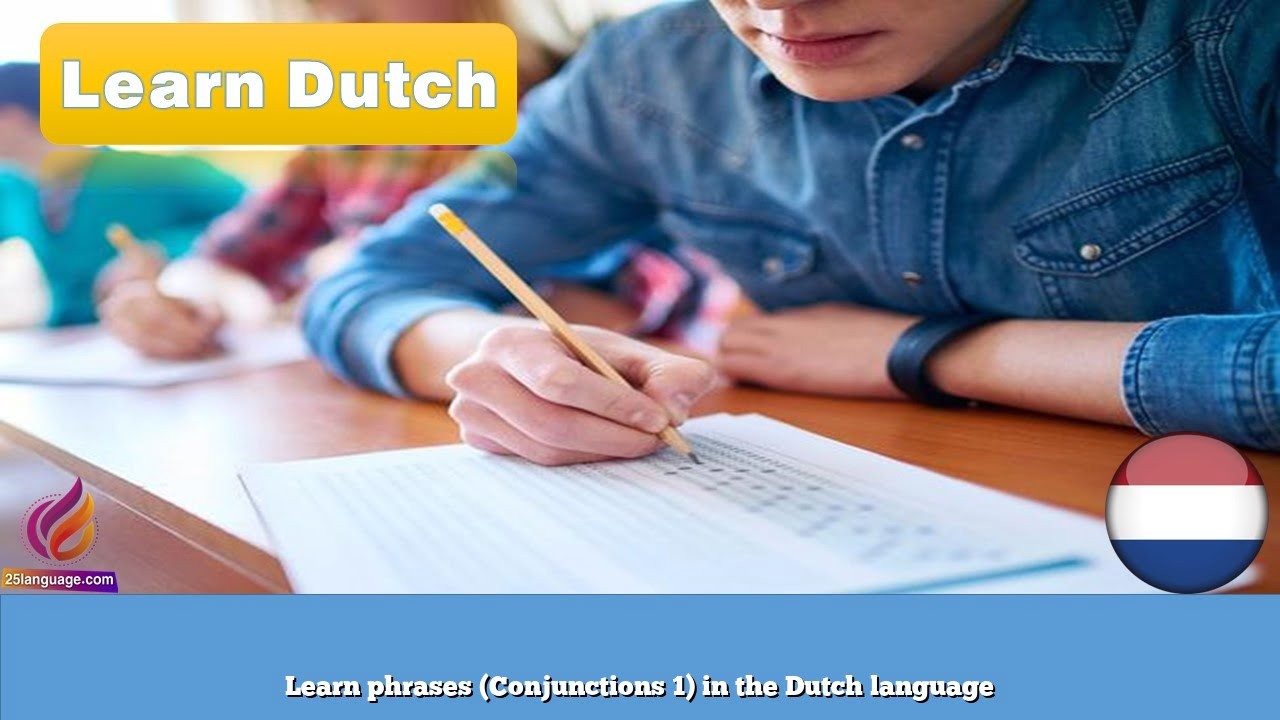possessive pronouns phrases in Dutch
Learn Dutch phrases (possessive pronouns 2)

Learning possessive pronoun phrases in Dutch is important for several reasons:
- Grammatical correctness: Possessive pronouns are an essential part of Dutch grammar, and using them correctly is necessary to communicate effectively in the language. Incorrect use of possessive pronouns can lead to confusion and misunderstandings.
- Expressing ownership and relationships: Possessive pronouns are used to express ownership, which is a crucial concept in any language. They also help to establish relationships between people and things, and to indicate who or what something belongs to.
Sure! Here are 20 possessive pronoun phrases in Dutch:
- Mijn boek (my book)
- Jouw fiets (your bike)
- Zijn auto (his car)
- Haar huis (her house)
- Ons huis (our house)
- Jullie hond (your dog, plural)
- Hun kinderen (their children)
- Uw tas (your bag, formal)
- Mijn vriendin (my girlfriend)
- Jouw familie (your family)
- Zijn baan (his job)
- Haar laptop (her laptop)
- Ons bedrijf (our company)
- Jullie vakantie (your vacation, plural)
- Hun kat (their cat)
- Uw huiswerk (your homework, formal)
- Mijn gitaar (my guitar)
- Jouw vrienden (your friends)
- Zijn horloge (his watch)
- Haar kleding (her clothes)
These phrases use the possessive pronouns “mijn” (my), “jouw” (your, informal), “zijn” (his), “haar” (her), “ons” (our), “jullie” (your, plural), and “hun” (their). Note that the formal possessive pronoun “uw” (your, formal) is also used in some of these phrases





























